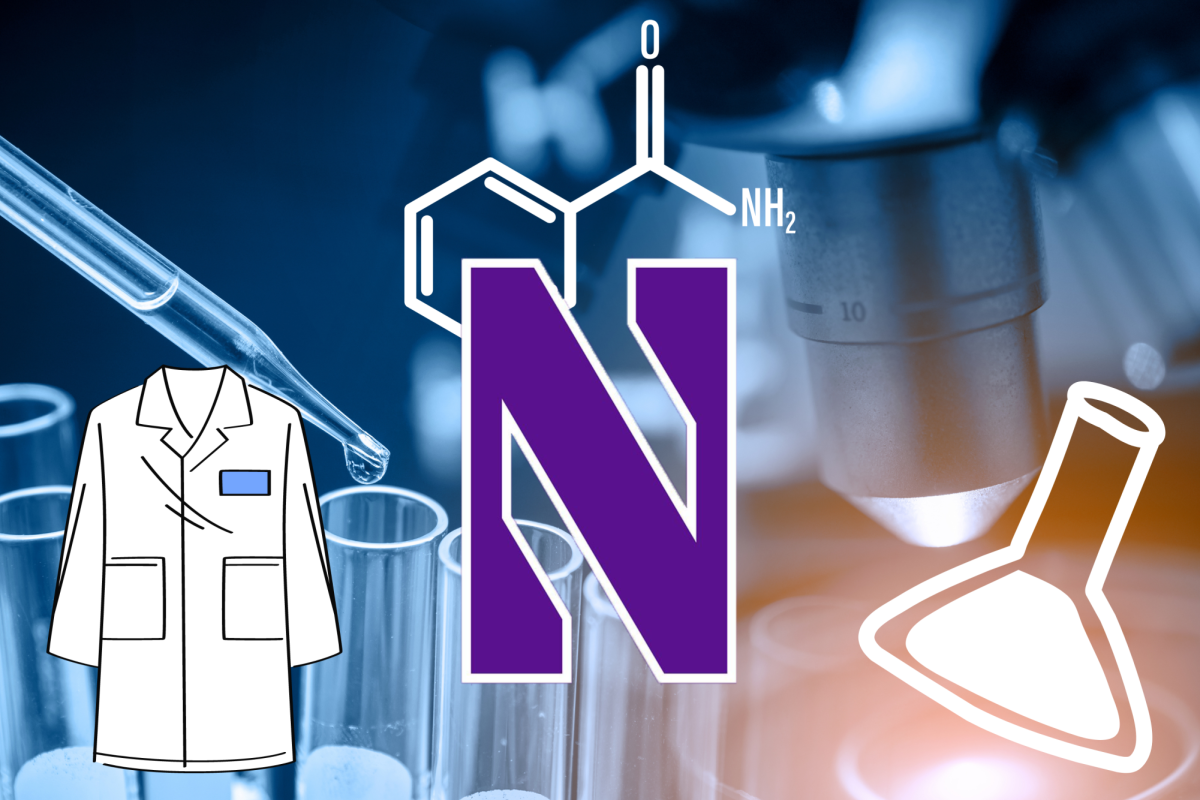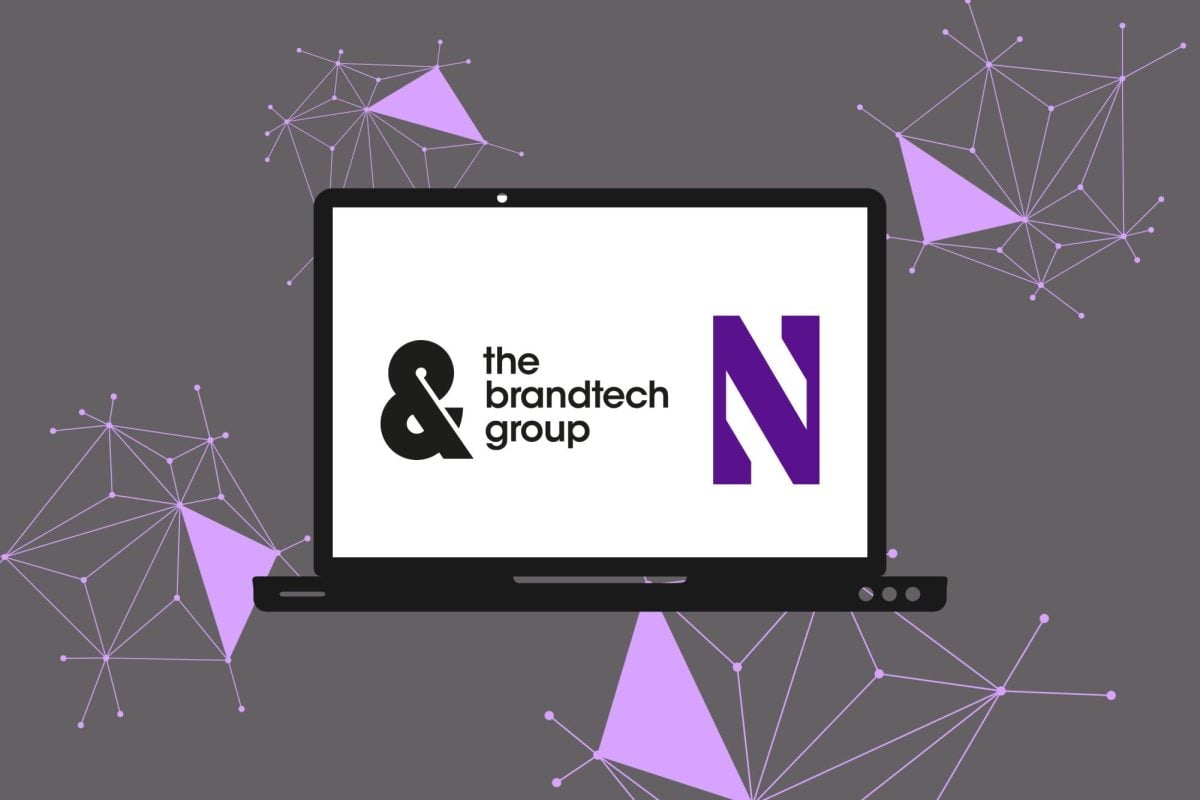Class restrictions on using technological devices didn’t stop graduate student Sam Sung from using his iPad to take notes. His rebellious act inspired a Kellogg School of Management pilot program about how to best use tablets in the classroom.
“A lot of the MBA coursework requires participation,” said Sung, a second-year Kellogg student. “I understood that, but I thought it was inefficient.”
Sung decided to share his own experience with other students through the Kellogg Education Technology Incubator.
The group includes a new tablet initiative that teaches students how to effectively use their devices in class. The initiative has quickly grown since it first began Winter Quarter. Sung said 300 students currently participate in the program that highlights useful productivity apps through person-to-person training, video tutorials and an online question and answer platform.
The accessibility of digital notes is the main advantage that tablets have over paper, Sung said. After trying different tablet applications and workflows, Sung said he found the perfect combination that maximizes efficiency.
Sung said he started by teaching just a few students but decided to take the program to a larger scale.
“Normally, most people remember 5 percent of their education, and the other 95 percent is on notes taken on paper,” Sung said. “Unfortunately, those notes are not accessible physically, usually in a basement in a different location.”
Sung said he approached Betsy Ziegler, Kellogg dean of students, and she approved his pitch. He said the University was eager to support the program and is actively involved in recruiting students, sending emails to prospective participants.
Ziegler could not be reached for comment Monday.
“Educational technology is evolving at a fast clip,” said Raghu Katakam, Kellogg chief information officer, in an email to The Daily. “Outcomes and experiences from these pilots will play a crucial role in helping shape our technology strategy going forward.”
After sending multiple surveys to students, Sung said responses showed use of textbooks and paper notes drastically decreased in just the first five weeks.
Although Kellogg graduate student Michael Lyons is not involved with the program, he said it could make a “tremendous difference” for MBA candidates.
“We balance our Kellogg education with our family and career responsibilities,” said Lyons, an MBA candidate for graduation this June. “That means the efficiency and ease of access to course materials is paramount, as many of our classmates travel not only across the country but often from around the world — just to make it to class.”
The Kellogg Education Technology Incubator now has a LinkedIn page that acts as a resource center for participants, and the core team of four students plans to expand the program in the future.
“This is only the tip of the iceberg,” Sung said.
Sung said he hopes to inspire other students to change the status quo. As an Afghanistan War veteran, he said he had no background in technology.
“Technology has been a hobby of mine, but I don’t come from the tech corps,” Sung said. “If a student, a nobody, can make change, they can, too.”


















